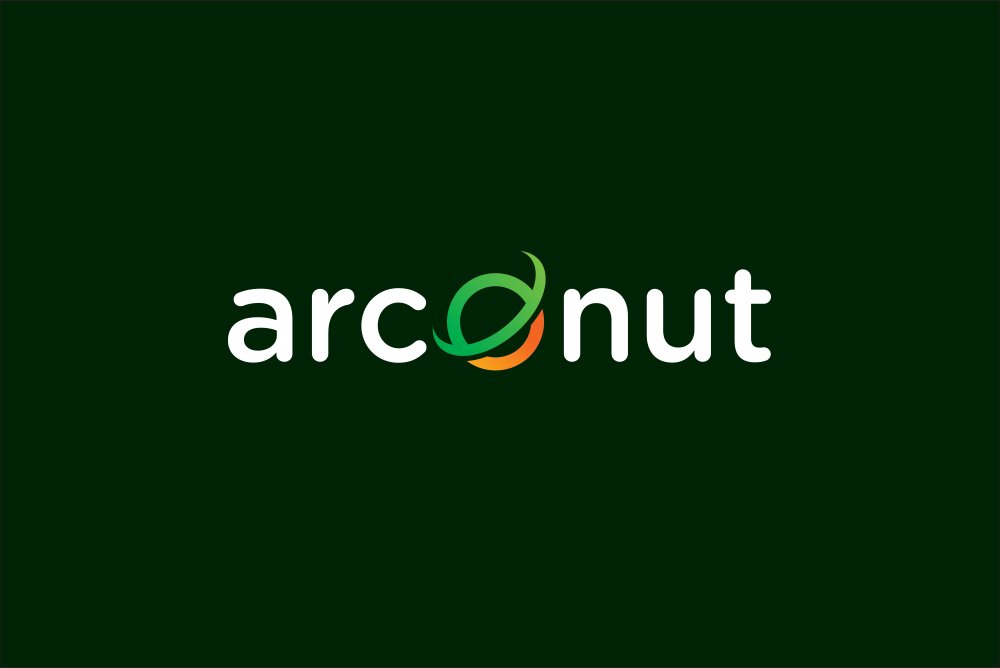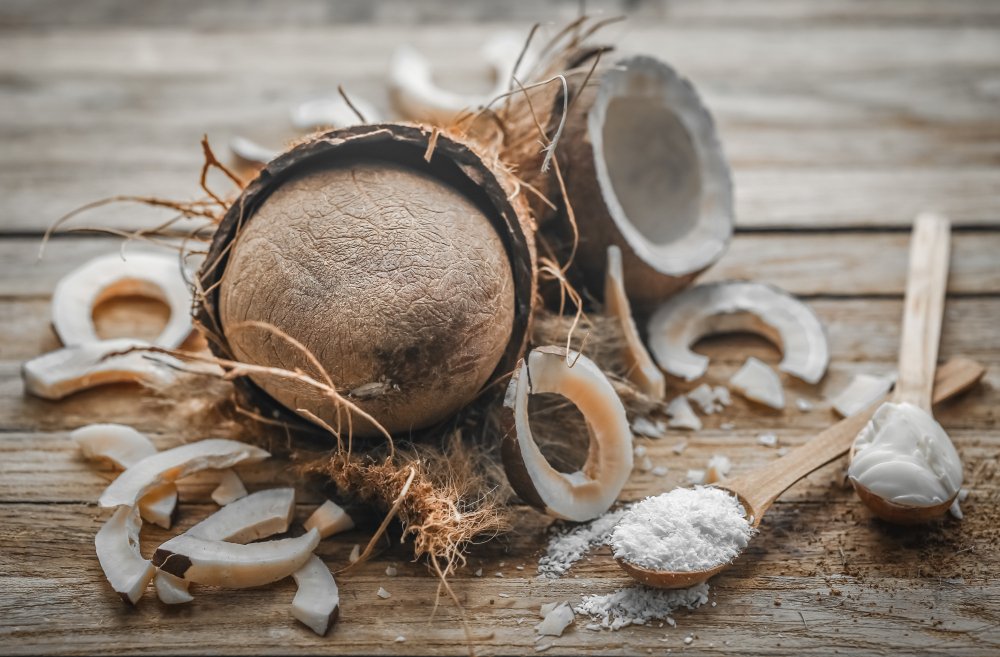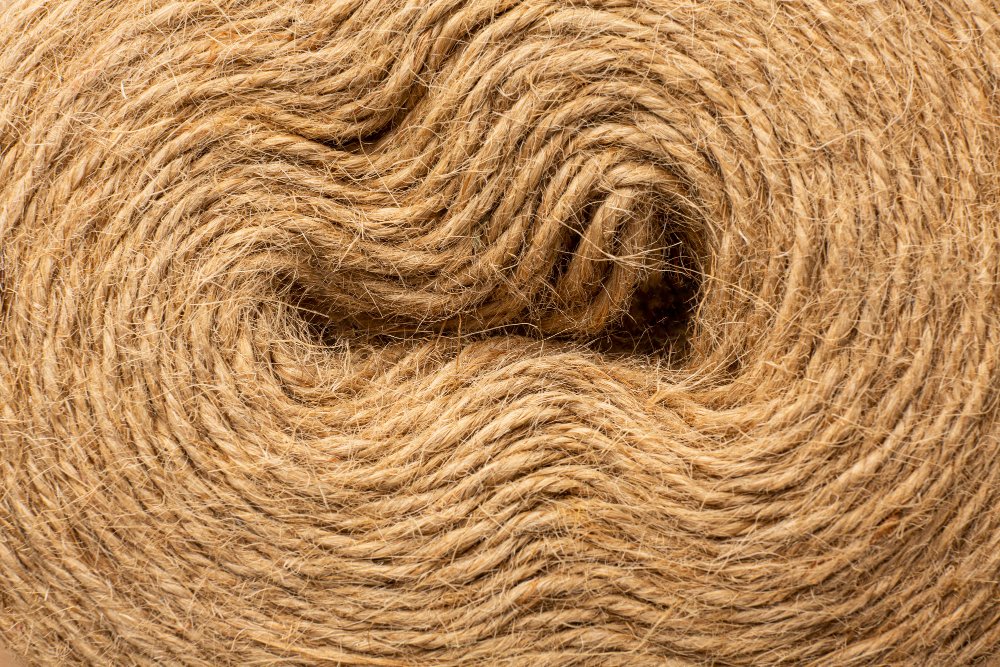The overflowing landfills and polluting oceans are a stark reminder of our reliance on single-use plastics. But what if we could replace these harmful materials with sustainable alternatives that are both beautiful and beneficial to the environment? The answer may lie in the humble coconut, a fruit that offers so much more than delicious water and creamy flesh. Let’s explore the exciting world of eco-bags crafted from coconut fiber – a revolutionary solution to our plastic problem.
Embrace Sustainable Shopping
Our shopping habits have a profound impact on the planet. Every plastic bag we use contributes to the ever-growing mountain of waste suffocating our ecosystems. These bags often end up polluting our oceans, harming marine life, and eventually breaking down into microplastics that contaminate our food chain. It’s a vicious cycle that demands a conscious shift in our consumer behavior. We need to actively choose sustainable alternatives that minimize our environmental footprint and protect the future of our planet. This isn’t just about being environmentally responsible; it’s about embracing a lifestyle that prioritizes health, both for ourselves and the planet.
The transition to sustainable shopping isn’t as daunting as it may seem. Small changes, like bringing your own reusable bag to the grocery store, can make a significant difference. By choosing eco-friendly options, you actively participate in reducing plastic waste and supporting businesses committed to environmental sustainability. This conscious consumption fosters a ripple effect, encouraging others to adopt similar practices and creating a more sustainable future for all. Imagine a world where plastic bags are a relic of the past – a world we can create, one sustainable shopping trip at a time.
Beyond the environmental benefits, sustainable shopping often leads to a more mindful and fulfilling experience. Taking the time to choose reusable bags allows for a more deliberate and appreciative approach to shopping. It connects us more directly to the source of our products and encourages us to make more conscious choices about what we consume. This heightened awareness fosters a sense of responsibility and empowers us to become active participants in creating a healthier planet.
By embracing sustainable shopping, we’re not just reducing waste; we’re investing in a healthier future for ourselves and generations to come. We’re choosing a lifestyle that values both convenience and environmental responsibility. It’s a win-win situation that allows us to enjoy the benefits of modern life while minimizing our impact on the planet. Let’s make sustainable shopping the new norm.
Coconut Fiber: Nature’s Eco-Bag
The coconut palm, a symbol of tropical paradise, offers a wealth of sustainable resources. Beyond its delicious fruit, the husk, often discarded as waste, possesses incredible strength and durability, making it an ideal material for crafting eco-friendly bags. Coconut fiber, also known as coir, is naturally strong, biodegradable, and remarkably versatile. It’s a testament to nature’s ingenuity, providing a readily available, renewable resource that can replace harmful synthetic materials.
Coir’s inherent properties make it perfect for creating long-lasting and robust bags. Unlike plastic, which can take hundreds of years to decompose, coconut fiber naturally breaks down, returning to the earth without leaving behind harmful residues. This biodegradability makes it a truly sustainable choice, minimizing the environmental impact of our shopping habits. Furthermore, the production of coir fiber is often a labor-intensive process, supporting local communities and economies in coconut-producing regions.
The texture of coconut fiber lends itself to creating bags with unique aesthetic appeal. Its natural fibers offer a rustic charm, adding a touch of handcrafted elegance to everyday shopping. The bags can be woven into intricate patterns, dyed with natural pigments, or left in their natural, earthy tones. This versatility allows for a wide range of styles and designs, catering to diverse tastes and preferences.
The use of coconut fiber in eco-bag production offers a compelling alternative to synthetic materials. It’s a sustainable, renewable resource that’s both environmentally friendly and aesthetically pleasing. Choosing coconut fiber bags supports sustainable practices, reduces plastic waste, and contributes to a healthier planet – all while adding a touch of natural beauty to your shopping experience.
Crafting Your Own Eco-Friendly Bag
Creating your own coconut fiber bag is a rewarding and surprisingly simple process. Numerous online tutorials and craft workshops provide step-by-step instructions, guiding you through each stage of the creation process. Whether you’re a seasoned crafter or a complete beginner, the satisfaction of making your own eco-friendly bag is unparalleled.
The materials needed are readily accessible, often requiring only coconut fiber rope or twine, a needle, and thread. You can find these supplies online or at local craft stores. Depending on your chosen design, you might also need additional embellishments like buttons, beads, or natural dyes to personalize your creation. The simplicity of the materials makes this a cost-effective and accessible project.
The process itself is meditative and enjoyable. The rhythmic weaving or knotting of the coconut fiber provides a calming activity, allowing you to unwind and connect with the natural materials. It’s a chance to slow down, appreciate the process, and create something beautiful and functional. The finished product is not just a bag; it’s a testament to your creativity and commitment to sustainability.
Making your own eco-bag empowers you to take control of your consumption habits and actively participate in reducing plastic waste. It’s a tangible way to express your commitment to environmental responsibility and a chance to connect with the natural world. The pride you feel in using a handcrafted, eco-friendly bag is a powerful reminder of your positive impact on the planet.
Reduce Plastic, Increase Style
Switching to coconut fiber eco-bags is more than just a responsible choice; it’s a stylish statement. These bags offer a unique blend of functionality and aesthetic appeal, effortlessly blending into any lifestyle. Their rustic charm adds a touch of bohemian elegance, making them a perfect accessory for farmers’ markets, grocery shopping, or even a day out.
Forget the flimsy, disposable plastic bags; coconut fiber bags are designed to last. Their durability ensures that they’ll be your trusty shopping companions for years to come, reducing your reliance on disposable alternatives. This longevity not only minimizes waste but also saves you money in the long run, making them a practical and economical choice.
The versatility of coconut fiber bags allows for a wide range of design possibilities. From simple and understated to intricately woven and embellished, you can find a style that perfectly complements your personal aesthetic. This versatility ensures that you can find a bag that matches your individual style and preferences, making the transition to sustainable shopping a seamless and enjoyable experience.
By choosing coconut fiber eco-bags, you’re not just reducing plastic waste; you’re making a fashion statement that reflects your commitment to sustainability. These bags are a stylish and practical alternative that allows you to express your personal style while actively contributing to a healthier planet. It’s a perfect example of how responsible choices can be both stylish and impactful.
The shift towards sustainable living is not a sacrifice; it’s an opportunity to embrace a more mindful and responsible way of life. Coconut fiber eco-bags represent a powerful symbol of this change – a beautiful, functional, and environmentally conscious alternative to the pervasive problem of plastic waste. By choosing to create and use these bags, we actively participate in building a healthier future, one sustainable step at a time. Let’s embrace this change and make a positive impact on the world, one eco-bag at a time.


